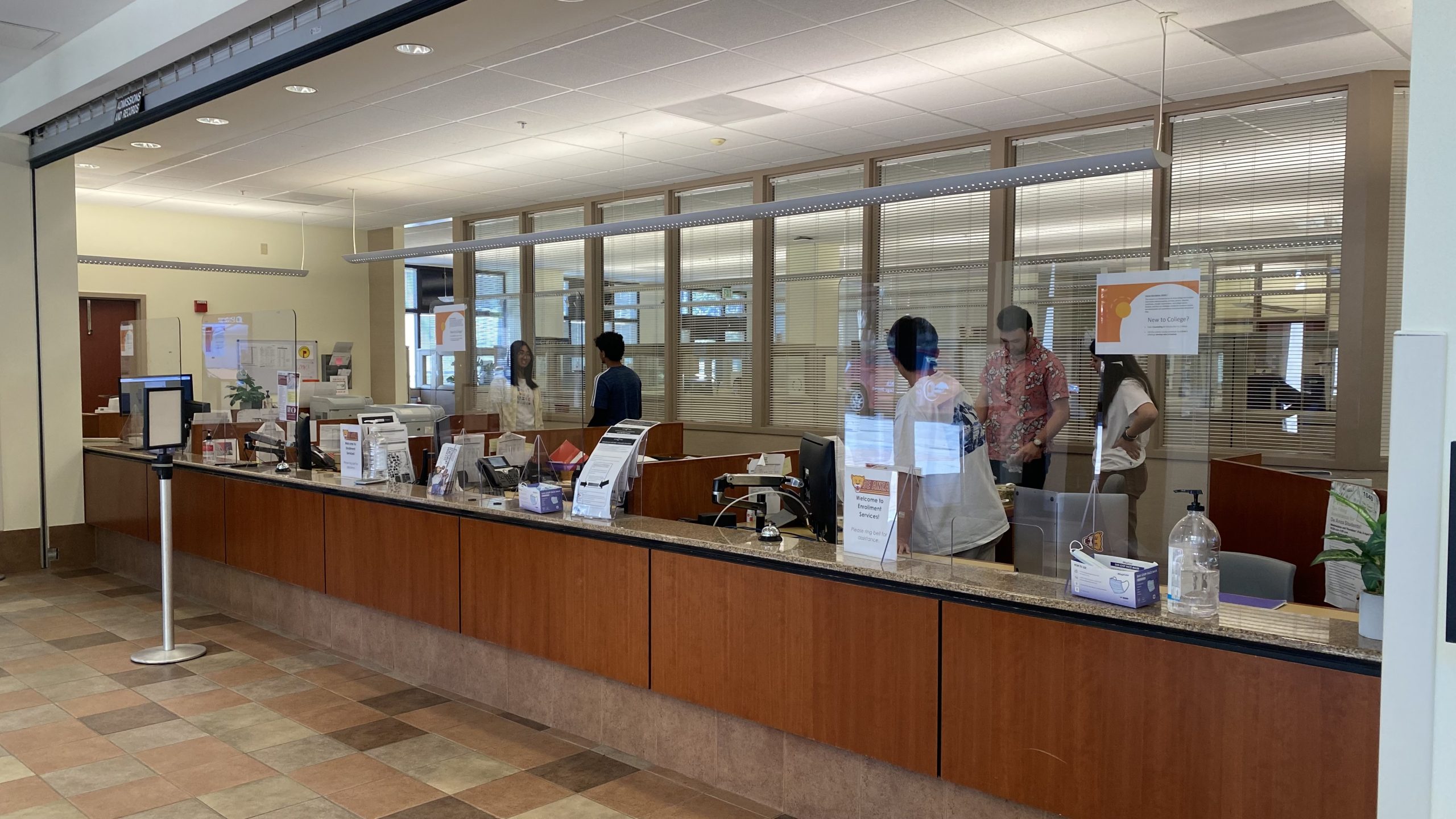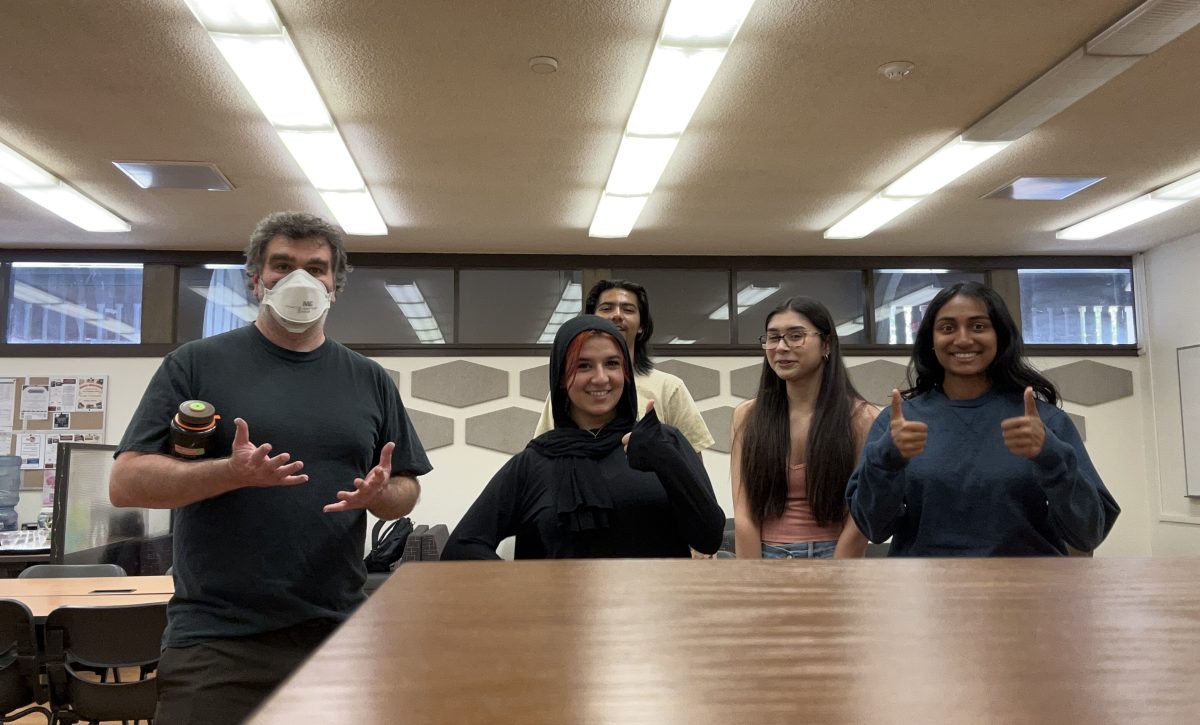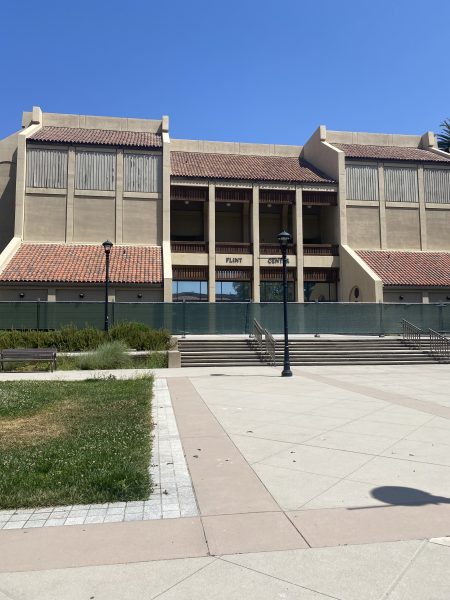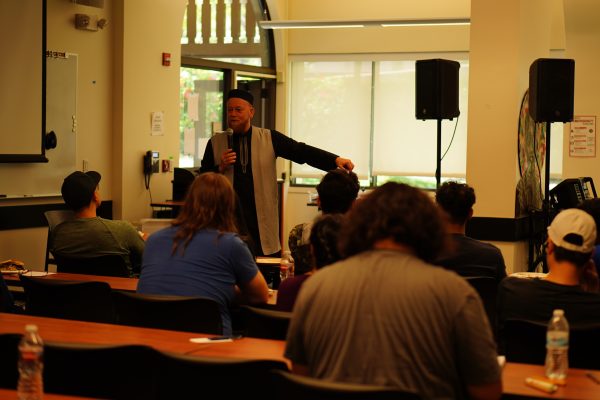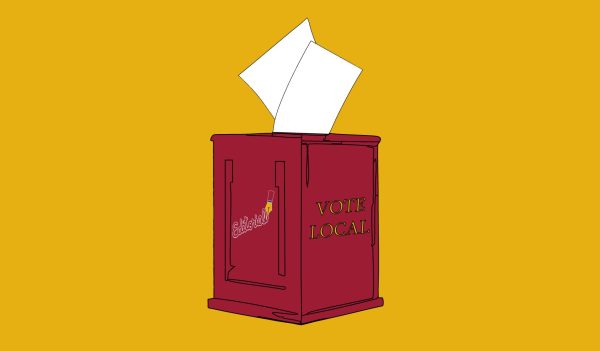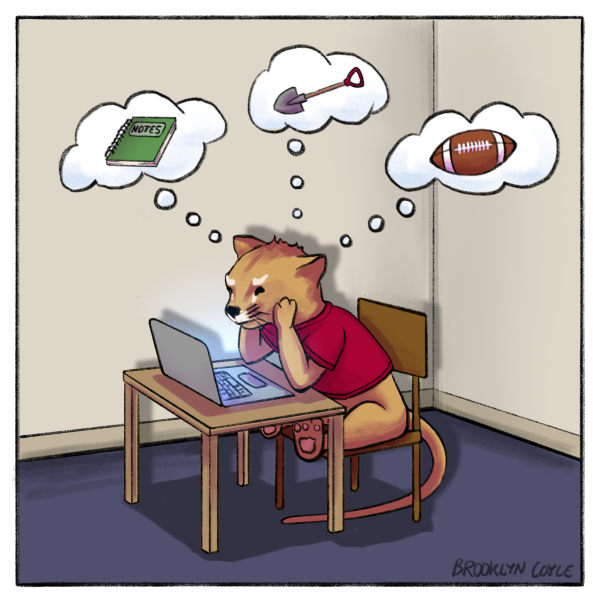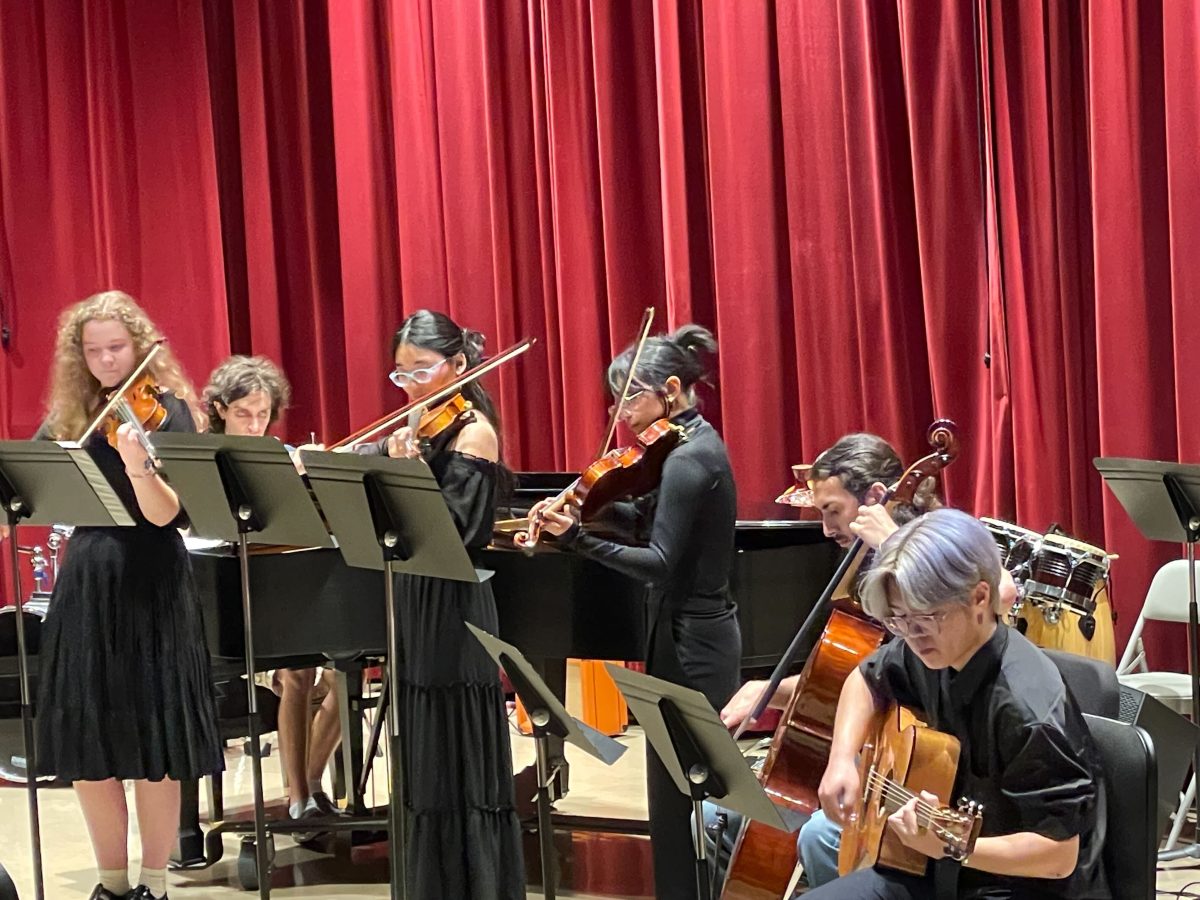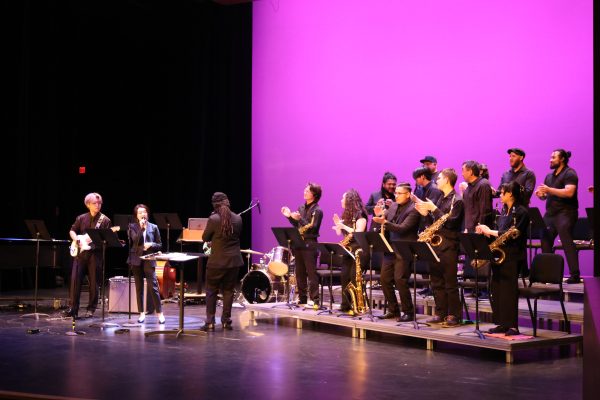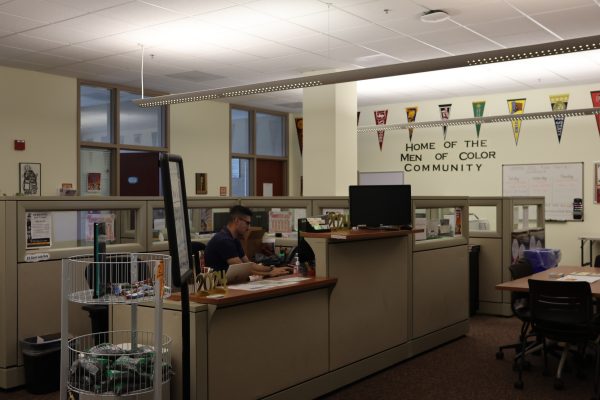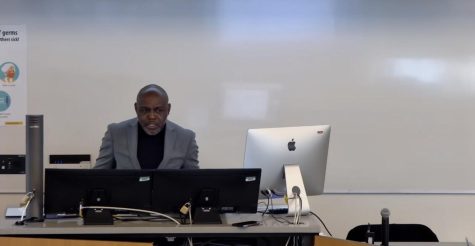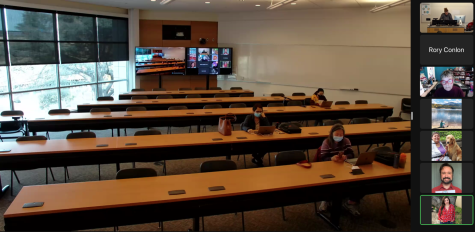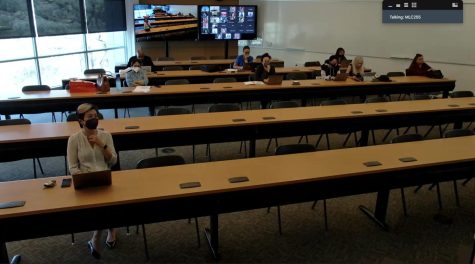Students, professors seek answers to registration issues
January 23, 2020
Registration issues affected several students and professors at the beginning of winter quarter 2020.
Ilan Glasman, music instructor and chairman of the department of music, had five of his classes dropped this quarter within one month of student registration, despite only being a few students short to keep the class. Nearly 60 music students were affected by this issue.
Glasman is one of many professors that have had issues with registration at the start of the winter quarter.
Glasman said his cancellations have affected students’ perceptions of the music program.
“Our offerings have continued to diminish and diminish, with the myth that students go elsewhere and to other sections.” Glasman said. “That may be true in other departments, but I know that in music and other creative arts, if the class is cancelled, they leave.”
The Academic Senate said they tried to resolve the problems that have arisen as students have been trying to add classes late, including dropped classes, broken add codes and registrational issues.
“(This) has been raised again and again,” said Ishmael Tarikh, chairman of the subcommittee of course scheduling and enrollment management. “It is a campus wide problem.”
Add codes are also broken for many professors across all departments of De Anza’s course offerings. Shagundeep Kaur, representing the Language Arts division, brought this issue to the table of Academic Senate.
“Something went wrong with the add codes, and the solution offered was to have the students come to the window” Kaur said. “Well I’m teaching two online classes this quarter, that’s not an option for me.”
In order to mitigate this issue with add codes, professors are supposed to report their ID numbers to Enrollment Services Supervisor Barry Johnson, where he will input their codes manually. Students would be added to their classes through this process.
Another issue raised was regarding the student registration page. Students would be informed that their class was cancelled, and the previously cancelled class would take up a time-slot on their schedules, making it impossible for them to enroll in separate sessions of their specific classes needed.
Many senate members questioned why students haven’t been informed about these problems, as it affects many students minimum amount of credits for enrollment. These issues have yet to be publicized by any form of official announcement from the college.
Glasman has suggested two possible solutions to the problems, reconsider cancellation dates on classes and have classes be moved to percentage based thresholds off of student enrollment numbers.
“Examine the cancellation dates,” he said. “Just examine it, what could be the best situation for students that need it at the last minute.”
These issues will be addressed at the next Academic Senate meeting on Jan. 27.





